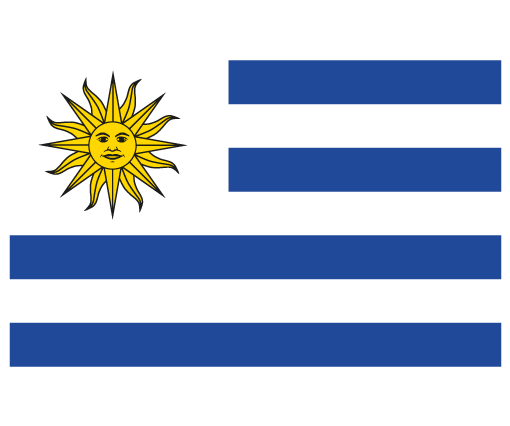COUNTRIES WE COVER
A patent is a set of exclusive property rights granted for an invention, which is a product, technique or process, with transformative novel features, that provides a new way of doing something or a new solution to an issue. To get a patent, you need to file a patent application and provide technical information about the invention.
- It excludes others from making, using, distributing, importing or selling the invention without the patent owner’s consent. As a result, patent owners may get higher profit margins for their idea.
- Competitors may consider the risks of patent infringement before contemplating entering the market for the patented product or service, which would reduce competition.
- It increases the value of your business since potential purchasers of your business would consider the patent as a valuable asset.
Currently, there are not “international patents”, since patents are territorial rights. To obtain a patent in all countries of Latin America, you must apply for it in each one of the countries you want to have your patent protected in.
- With a single contact point, we make your patent procedures as simple as possible in 18 countries. While most firms are experts in their particular countries, we have expertise in the whole region.
- By adapting to new technologies, we innovate in the practice of intellectual property law. We utilize online software to manage cases and we are constantly introducing new features to simplify the process.
- With attorneys in more than 18 Latin American countries and a US-based office, we are uniquely positioned for providing a regional and comprehensive perspective for your business.
With BR Latin America, you can obtain a patent in 18 Latin American countries:
Argentina, Bolivia, Brazil, Chile, Colombia, Costa Rica, Dominican Republic, Ecuador, El Salvador, Guatemala, Honduras, Mexico, Nicaragua, Panama, Paraguay, Perú, Uruguay and Venezuela.
Granting: When a patent application meets all the requirements, the Patent and Trademark Office (PTO) grants it.
Office action: If the information is inaccurate or important documents are missing, the PTO makes a request for information that has to be responded.
Opposition: If the application complies with all formal requirements, the PTO makes it public, so that third parties who believe the new patent violates any of their rights can file an opposition. The applicant must respond proving that the opposition had no basis, and the registration process must continue.
Refusal: The Patent Office issues a resolution explaining the legal reasons why the application was denied.
Reconsideration and appeal: The Patent Office may grant or deny a new patent. In either case, the dissatisfied party can file a reconsideration or an appeal in order to change the PTO decision. There will be no certainty of patent granting if there are pending appeals.
More Questions? Visit our Help Center









